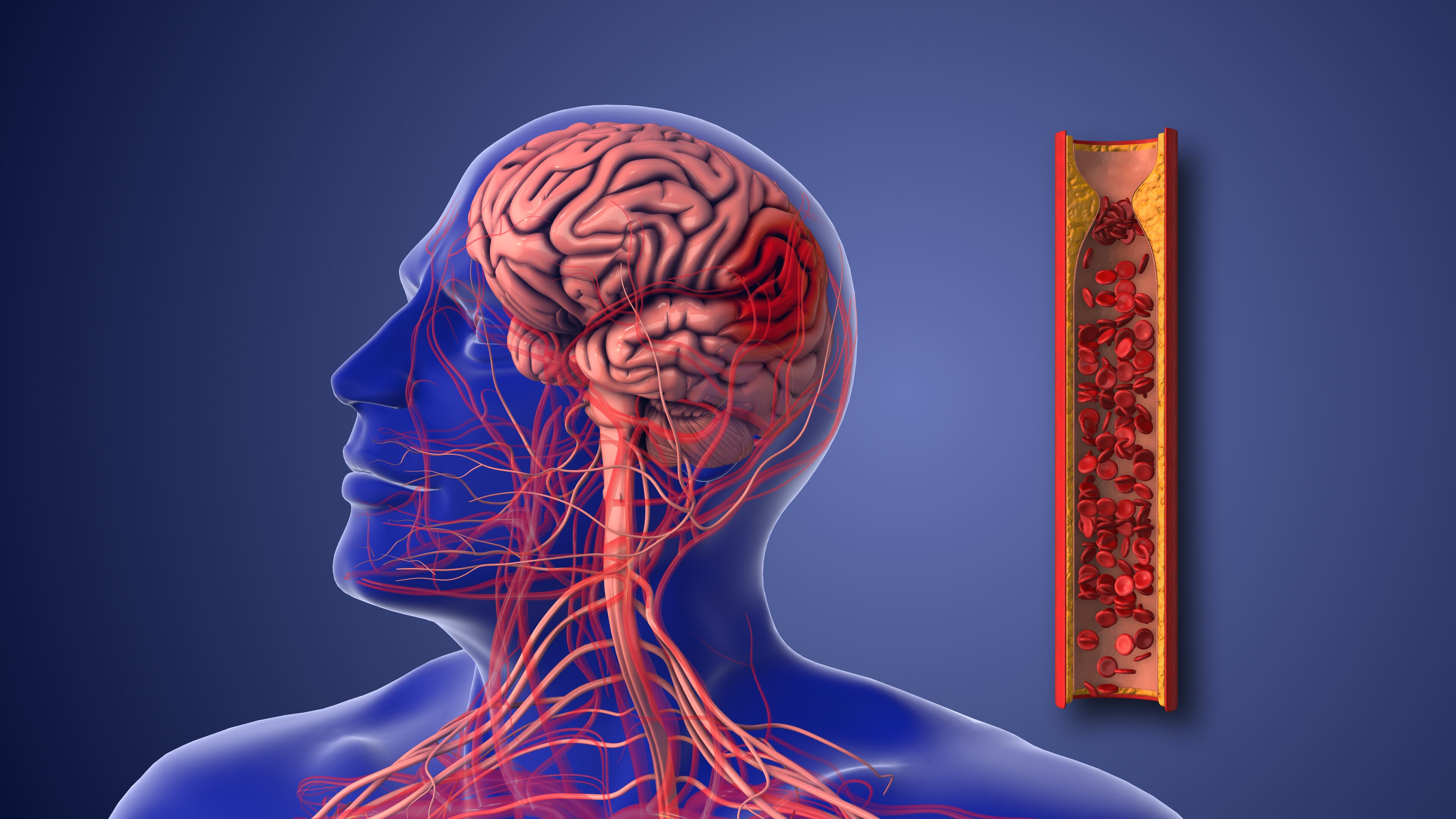Researchers at Hospital Santa Maria and other institutions in Portugal conducted a literature search and meta-analysis of 14 clinical trials to evaluate the effects of omega-3 supplementation on cognitive decline.
The results revealed modest but consistent improvements, which “are unlikely to be due to chance alone and represent a genuine therapeutic effect,” the researchers wrote. The results also suggested a threshold effect rather than a dose-response relationship.
“These findings support n3-PUFA supplementation as a complementary approach to lifestyle-based strategies for cognitive health, including diet, physical activity, sleep optimization and cognitive training,” they wrote.
Commenting on the study, Dr. Kaitlin Roke, director of scientific communication and outreach at The Global Organization for EPA and DHA Omega-3s (GOED), told NutraIngredients, “Most people consume little to no omega-3 EPA and DHA in their diets. Encouraging individuals across all life stages to increase their intake could support brain and mental health.”
“Although this study focused on supplementation, both supplements and foods rich in EPA and DHA can be incorporated into a healthy eating pattern to raise omega-3 levels in the body.”
Dr. Roke noted that a major challenge in researching omega-3s and brain health is the lack of consistency across studies, which compromises clear recommendations.
“This review addressed that issue by focusing specifically on the MMSE, enabling direct comparisons across studies,” she said. “Future research could build on this approach by continuing to use standardized assessments, which would improve comparability and strengthen the evidence base.”
Study details
The researchers conducted a literature search for systematic reviews of randomized controlled trials assessing the effects of omega-3 fatty acid supplementation on cognitive decline. They included studies published between 2014 and 2024 that utilized the Mini-Mental State Examination (MMSE) as an assessment tool.
They then conducted a meta-analysis of nine systematic reviews incorporating 14 randomized controlled trials that met the inclusion criteria and represented 26,881 participants aged 40 years or older to estimate the overall effect of EPA and DHA supplementation on cognitive impairment.
The results showed a statistically significant but modest improvement in MMSE scores with supplementation, but no significant associations between treatment duration or dosage and cognitive outcomes.
“Our findings suggest a positive association between n-3 PUFA supplementation and cognitive outcomes across studies with varied dosages and durations,” the researchers wrote.
They noted a “threshold effect rather than a dose–response relationship,” which they suggested may be due to several mechanisms, including saturation of DHA transporters, baseline status, genetics (APOE), and the heterogeneity of the studies.
The researchers suggested that the results are modest but consistent and called for further high-quality research and well-designed studies to strengthen clinical recommendations.
Source: Nutrients 2025, 17(18), 3002. doi: doi.org/10.3390/nu17183002. “Omega-3 Polyunsaturated Fatty Acids and Cognitive Decline in Adults with Non-Dementia or Mild Cognitive Impairment: An Overview of Systematic Reviews”. Authors: M. Ines Barros et al.




